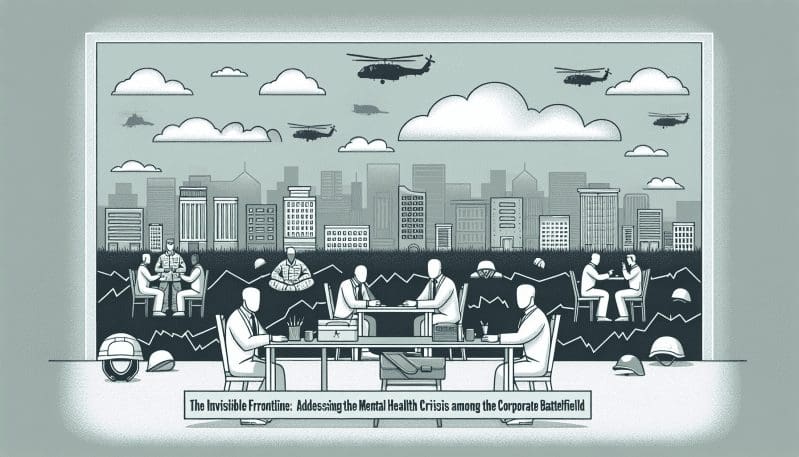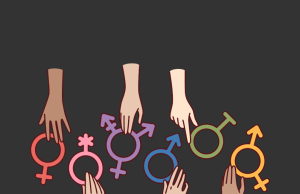The transition from active military service to the corporate world is often depicted as a straightforward path to civilian success. Yet, for many veterans, this journey is fraught with invisible battles, particularly on the mental health front. Recent statistics reveal a concerning trend: veterans face significant mental health challenges as they seek to forge new identities and careers post-service. The corporate sphere, with its high-stress environments and competitive culture, can inadvertently exacerbate these challenges. This crisis calls for a critical examination of how companies are evolving their workplace wellness programs to meet the unique needs of veteran employees.
Understanding the mental health landscape for veterans involves recognizing the psychological toll of their military experiences, including exposure to combat, high-pressure decision making, and the profound camaraderie built during service. When veterans enter the corporate environment, they are often confronted with an entirely different set of stressors and may feel isolated without the familiar structure and support they once knew. This stark transition can trigger or worsen mental health issues such as PTSD, anxiety, and depression.
Forward-thinking companies are starting to acknowledge the importance of incorporating mental health support into their wellness programs specifically tailored for veterans. These programs take cues from military resilience training, emphasizing strength, adaptability, and team cohesion. Corporate initiatives such as peer support groups, access to mental health professionals, and training for managers to recognize and respond to mental health issues are emerging as part of a comprehensive approach to wellness.
Case studies from leading corporations reveal the promising impact of such targeted programs. For example, one tech giant has launched a veteran network that provides mentorship and community-building opportunities, while another multinational company has instituted ‘battle buddies’ – a system where veteran employees can support each other in the workplace. These strategies not only offer direct support to veterans but also serve to educate the broader employee population and destigmatize mental health discussions.
However, despite these positive developments, the stigma associated with mental health in a professional setting persists, creating a barrier to seeking help. Tackling this stigma requires a change in corporate culture, where vulnerability is not seen as a weakness but as a facet of the human condition. Companies need to normalize conversations around mental health and ensure that their policies are not just token gestures but are genuinely supportive and actionable.
In conclusion, as industry leaders, we must prioritize the psychological well-being of our veteran employees. By drawing parallels between military resilience practices and corporate wellness strategies, we have the opportunity to forge a supportive work environment that honors the service of our veterans and the diverse skill sets they bring to our workforce. It is not enough to thank them for their service; we must actively support their transition and continued growth in the corporate realm. The mental health crisis among veterans is not a battle they should have to fight alone.
Our call to action is clear: it is time to advance beyond mere recognition of the problem and build a robust framework that addresses the mental health needs of veterans in the workplace. Let’s join forces to create an inclusive, empathetic corporate culture that truly values the sacrifices and contributions of our veteran workforce. Together, we can transform the invisible frontline into a line of support, understanding, and ultimate triumph.




























